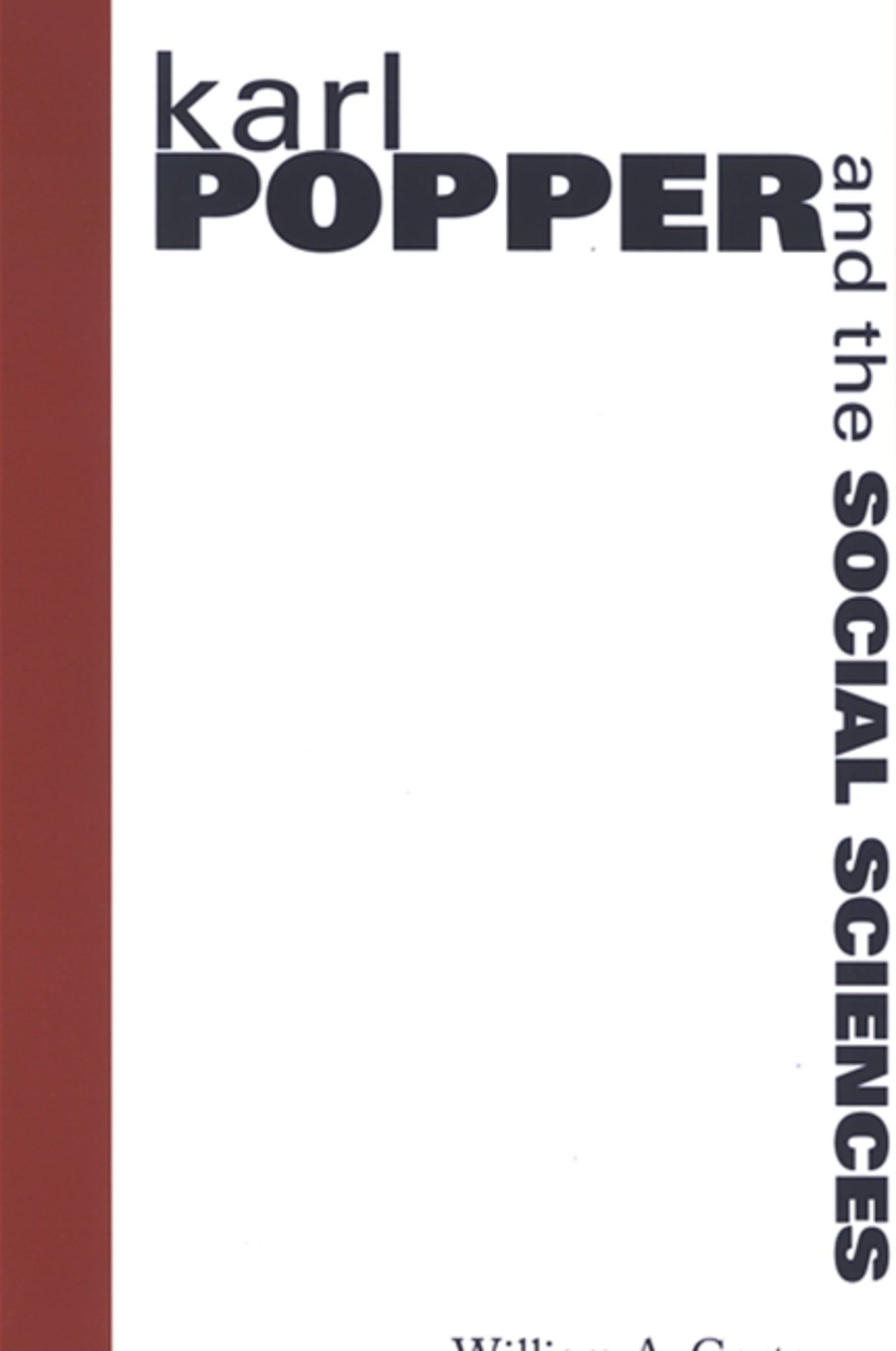We're sorry. An error has occurred
Please cancel or retry.
Karl Popper and the Social Sciences

Some error occured while loading the Quick View. Please close the Quick View and try reloading the page.
Couldn't load pickup availability
- Format:
-
19 January 2006

The first systematic treatment of Karl Popper's contribution to the philosophy of the social sciences.
This is the first book-length exploration of Karl Popper's often-neglected contributions to the philosophy of social science. William A. Gorton situates Popper's ideas on social inquiry within the broader framework of his thought, including his philosophy of natural science, his ontological theories, and his political thought. Gorton places special attention on Popper's theory of situational analysis and how it aims to heighten our understanding of the social world by untangling the complex web of human interaction that produces unintended-and often unwanted-social phenomena. Situational analysis, Gorton contends, involves a significant departure from the method of the natural sciences, despite Popper's plea for the unity of scientific method. Gorton also addresses some common misconceptions concerning Popper's stance toward economics and Marxism, making the provocative claim that contemporary analytical Marxism provides the best current example of Popperian social science put into practice.


Acknowledgments
Abbreviations
Introduction
1. Popperian Situational Analysis
Building Models
Against Psychologism and Conspiracy Theories
Methodological Collectivism
Summary
2. Metaphysics, Realism, and Situational Analysis
The Vienna Circle’s Positivism
Verificationism, Empiricism, and Metaphysics
Popper’s Metaphysical and Scientific Realism
Realism, World 3, and Social Inquiry
Summary
3. Social Laws, the Unity of Scientific Method, and Situational Analysis
Causation, Covering Laws, and Realism
The Unity of Scientific Method
Falsification and Situational Analysis
Summary
4. Situational Analysis and Economic Theory
Rationality and Economic Theory
Situational Analysis and Economic Theory
Explaining Voter Turnout: Rational Choice versus Situational Analysis
Untangling Complex Patterns of Interaction
Summary
5. Popper’s Debt to Marx
Popper’s Critique of Marx
Popper’s Debt to Marx
Popper and the Analytical Marxists
Summary
6. The Shortcomings of Situational Analysis
The Limited Range of Situational Analysis
Irrationality and Situational Analysis
Elster’s Model of Revolutions
Summary
Conclusion
Notes
References
Index



